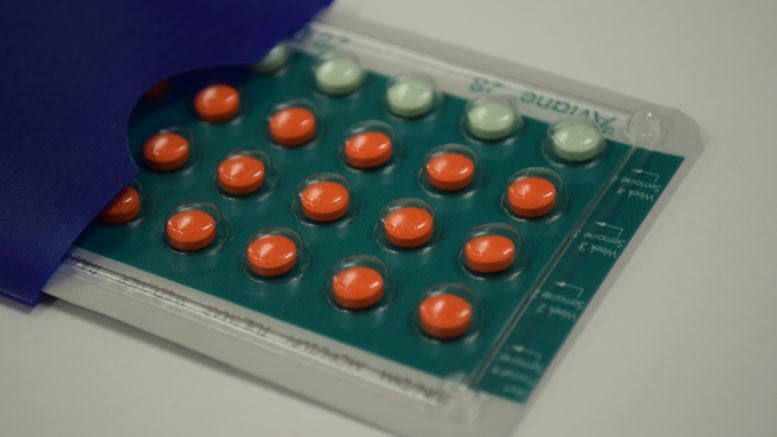Prescription birth control will be free for Manitobans starting on Oct. 1, health, seniors and long-term care minister Uzoma Asagwara announced on Aug. 22.
During a press conference at the Manitoba Legislative Building on the date of the announcement, the minister said that “right now, cost is a barrier for many folks accessing birth control.”
“Our government will cover the prescription birth control costs for pills, IUDs, injections — for anyone with a prescription,” said Asagwara. “We are incredibly proud of Manitoba’s public health care because it’s built on the belief that costs should never be a barrier to you receiving the health care that you need,” added the minister.
The Manitoba Pharmacare Program will cover the full cost of approximately 60 commonly used birth control methods. This includes pills, hormone injections, intrauterine devices and other methods, according to a news release from the Manitoba government. This does not include the morning-after pill, a form of emergency contraception.
“We are doing the work right now of evaluating the best approach for something like the morning-after pill,” said Asagwara. “Currently, it is available for folks without a prescription, and so we’re taking a good look at how do we best ensure that the morning-after pill is most accessible to Manitobans.”
Dr. Jacqueline Gougeon, a family physician, stated during the press conference that this announcement “further empowers women to make decisions around their education and careers that are based solely on their own hopes and dreams and not around unintended pregnancies. This decision represents renewed choice and opportunity for so many of my patients and removes a tremendous barrier to adequate health care and gender equity.”
To Heaven Kaur, UMSU Women’s Centre representative, this announcement is “an important step” that should have been taken a long time ago.
“It’s more accessible – often, people don’t have the money, especially with students” Kaur said, citing that the cost of tuition is already a large expense.
A provincial spokesperson told the Manitoban that the estimated cost of this program to the province will be $11 million.





